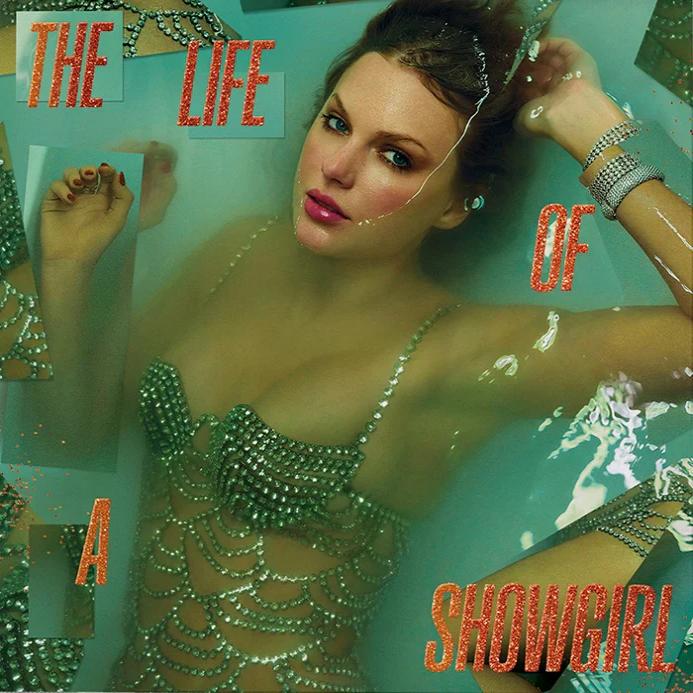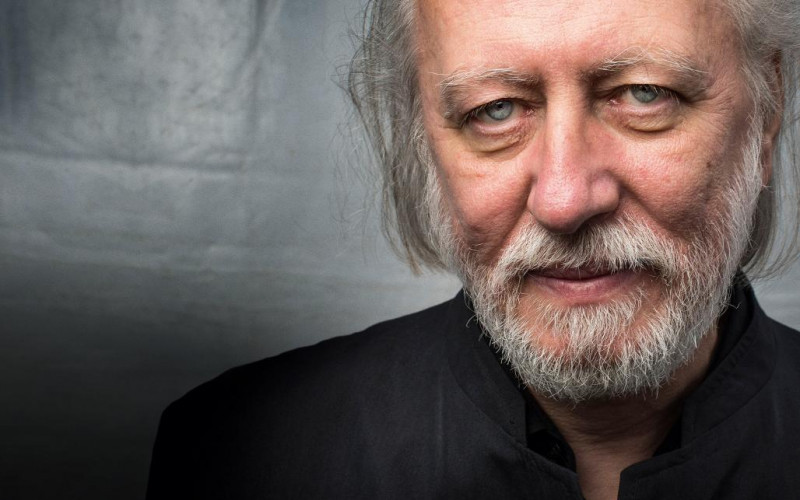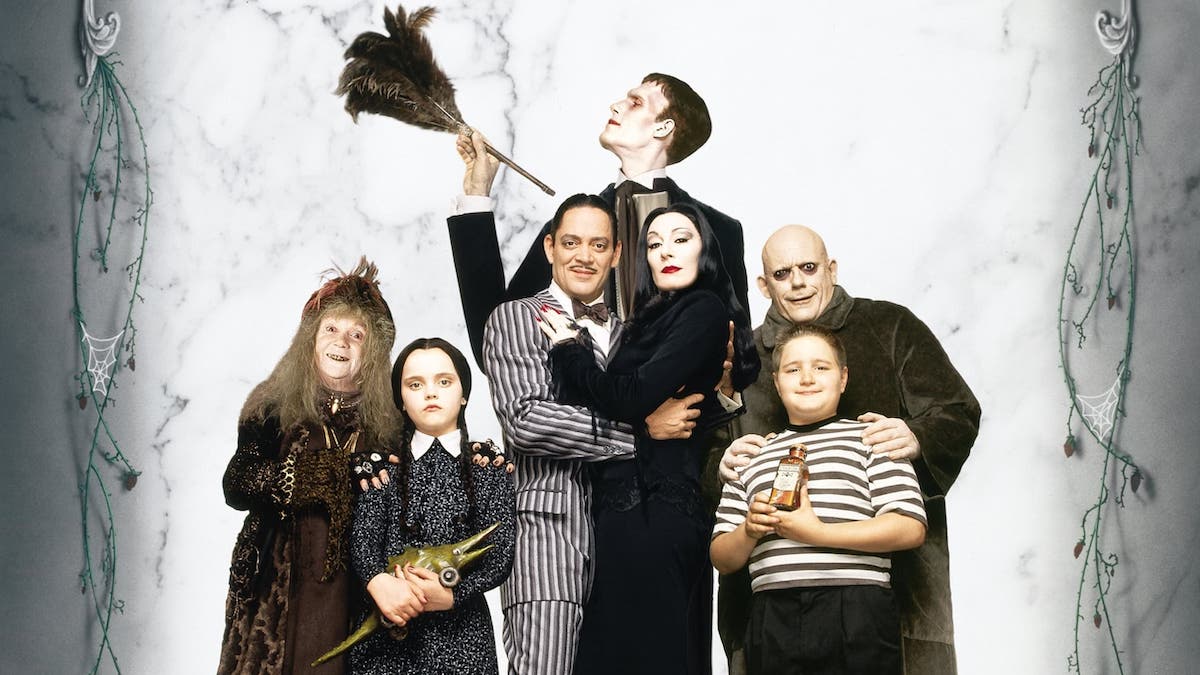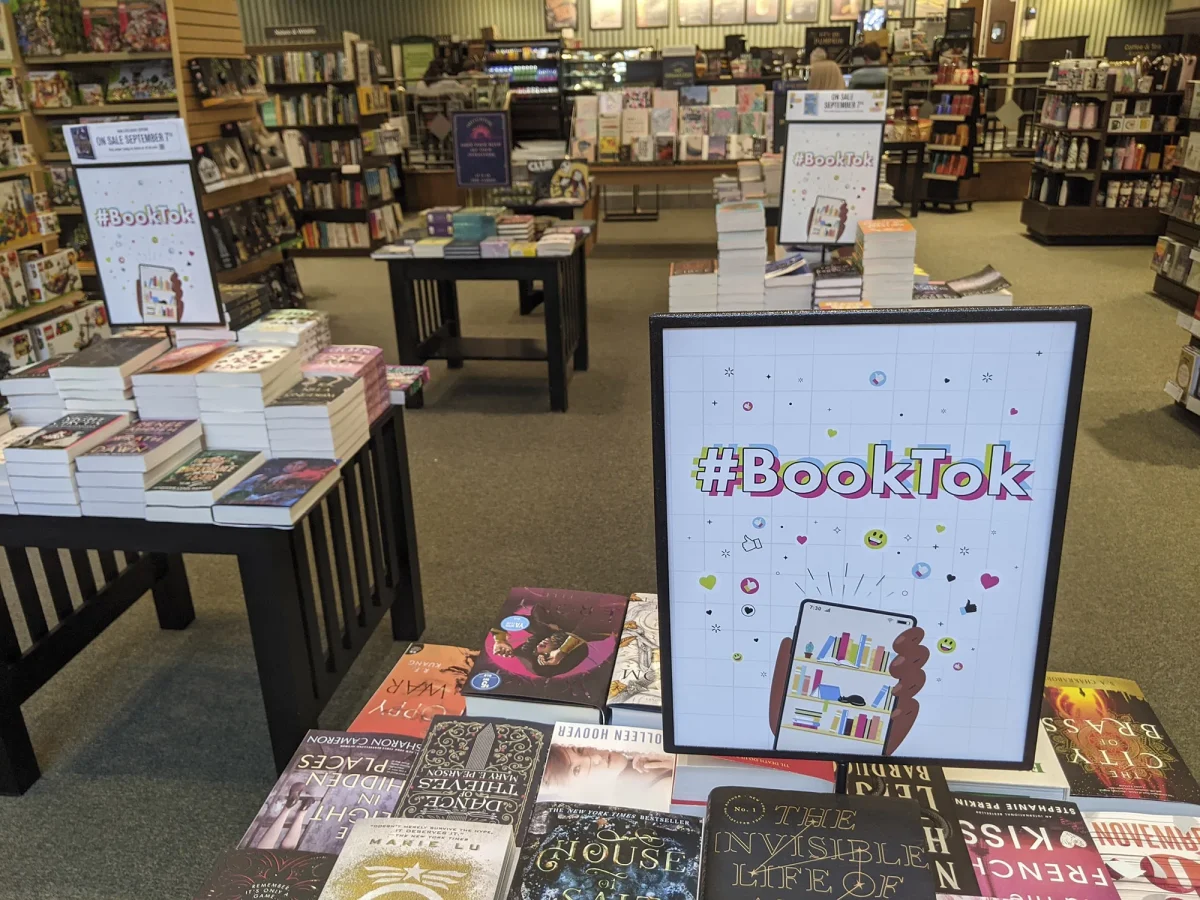If you have been on the internet as long as I have, you may have noticed a phenomenon that arose within the last 20 years or so. Twitter (now known as X), Instagram, TikTok, Facebook and other social media platforms have cultivated many unique online communities that discuss popular or niche topics. Within some of these pop-culture communities are overly devoted “stans” — a term that was coined in 2000 with the release of a song from hip-hop artist, Eminem, titled “Stan.”
“Stan” tells a story that many would recognize almost 25 years later — an obsessed stalker fan writes a series of letters to Eminem detailing his admiration for the emerging hip-hop star. The song then goes sour when the fan meets an untimely demise at the hand of his own infatuation with Eminem.
Once a derogatory term, some stans of artists — such as Taylor Swift, Ariana Grande, Nicki Minaj and various K-Pop groups — wear the label with pride. Like it or not, stans have brought people with similar interests together and their creation can certainly benefit those who are searching for community and a sense of belonging.
A post made on X about the artist Björk has recently gone viral, amassing 6.5 million views (and counting). The post, concisely titled “the realest,” features the outro of the hit song “Pagan Poetry,” where Bjork repeats “I love him, I love him,” over stylized folktronica and avant-garde pop production. Many have reiterated the original post’s praise for Björk; however, some users have mocked the post, throwing shade at the artist’s voice and the production behind it.
Everyone is entitled to their own opinion, but personally, I draw the line when people refuse to engage with a piece of media and harshly judge it based on a thirty-second snippet. I find it even worse when stans defend their position by postulating artists that not only have less to say but are artistically and commercially hollow.
While some artists have their shining moments, worshiping a musician’s every move, every song, every album is at best, morally questionable. Conversation on the internet is at its best when both parties are engaging in good faith arguments and are willing to gain and lose equally from their discourse. This rarely happens.
Anonymity on the internet — while not always a problem — actively harms any real discussion about art, politics and the inner-workings of the world. It is more beneficial to be open to new avenues of enjoyment with art, while also standing your ground on what you like.
So, shutting down Björk — or any artist’s music — by calling it “terrible,” “tacky” and “plain weird” is super disingenuous and just points to people’s own insecurities about their identity. This op-ed is not just about Björk and pop-music fan-bases. Metalheads and hip-hop fans are big offenders as well. “This isn’t real metal,” “hip-hop was better in the 90s,” and “music today sounds all the same” are some common arguments you will find on the internet when it comes to music discussion.
Let’s debunk some of these — lots of genres do not sound like their roots and their origins. Jazz during its heyday in the 1940s sounds vastly different from the avant-garde jazz of the 60s, jazz fusion of the 70s and the electronic-infused jazz of today. Does this mean that it is not “real jazz?” Of course not.
Was hip-hop better in the 90s? It’s hard to definitively say. Some rap records were too long, extremely bloated and filled with obnoxious skits — it was a newer form of music, no one really knew what they were doing. Hip-hop today is definitely not perfect, but it shares more in common with the late-80s and early-90s structurally than it has differences.
Music today sounds all the same: this is the most egregious point of them all. To be fair, a lot of top 40 pop, rap and country does sound alike. However, this would only matter to people with the most limited view on music and pop culture. Obviously, if you only listened to Taylor Swift, only listened to Beyoncé, only listened to Tate McRae, only listened to K-Pop … everything else will sound like total garbage.
But, when you open your eyes and your ears, get off the internet and experience the world — maybe the stuff that you revere is not that great. Listen to what you like, but don’t ever have idols, because if you shut down something based on your own ignorance — you only have yourself to blame.














